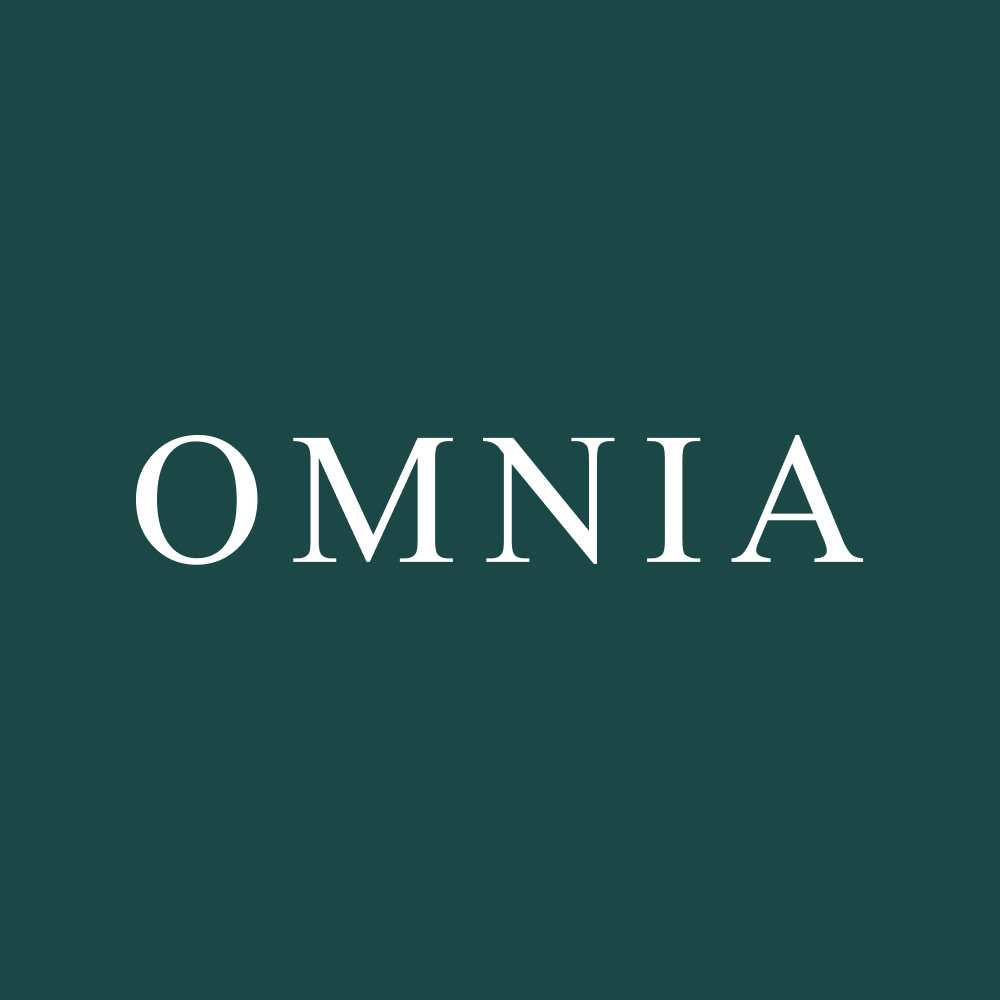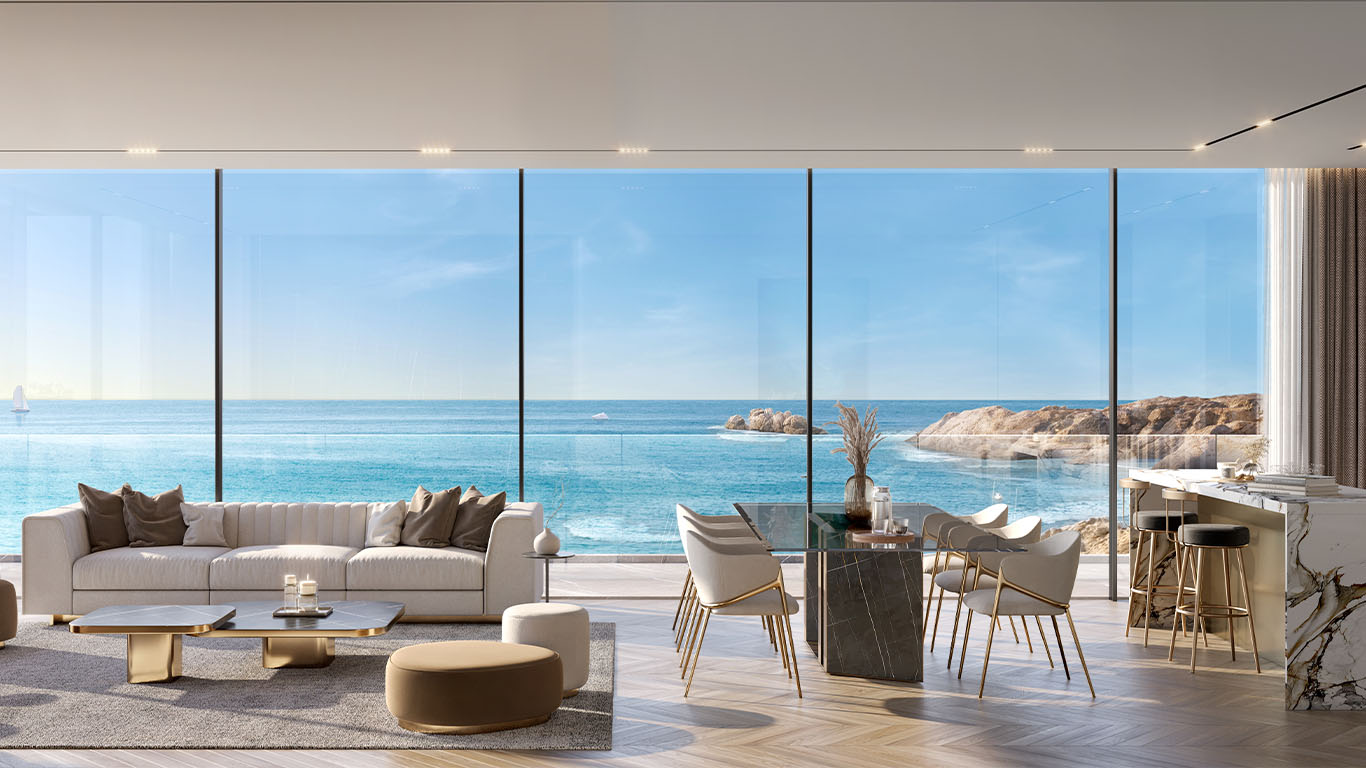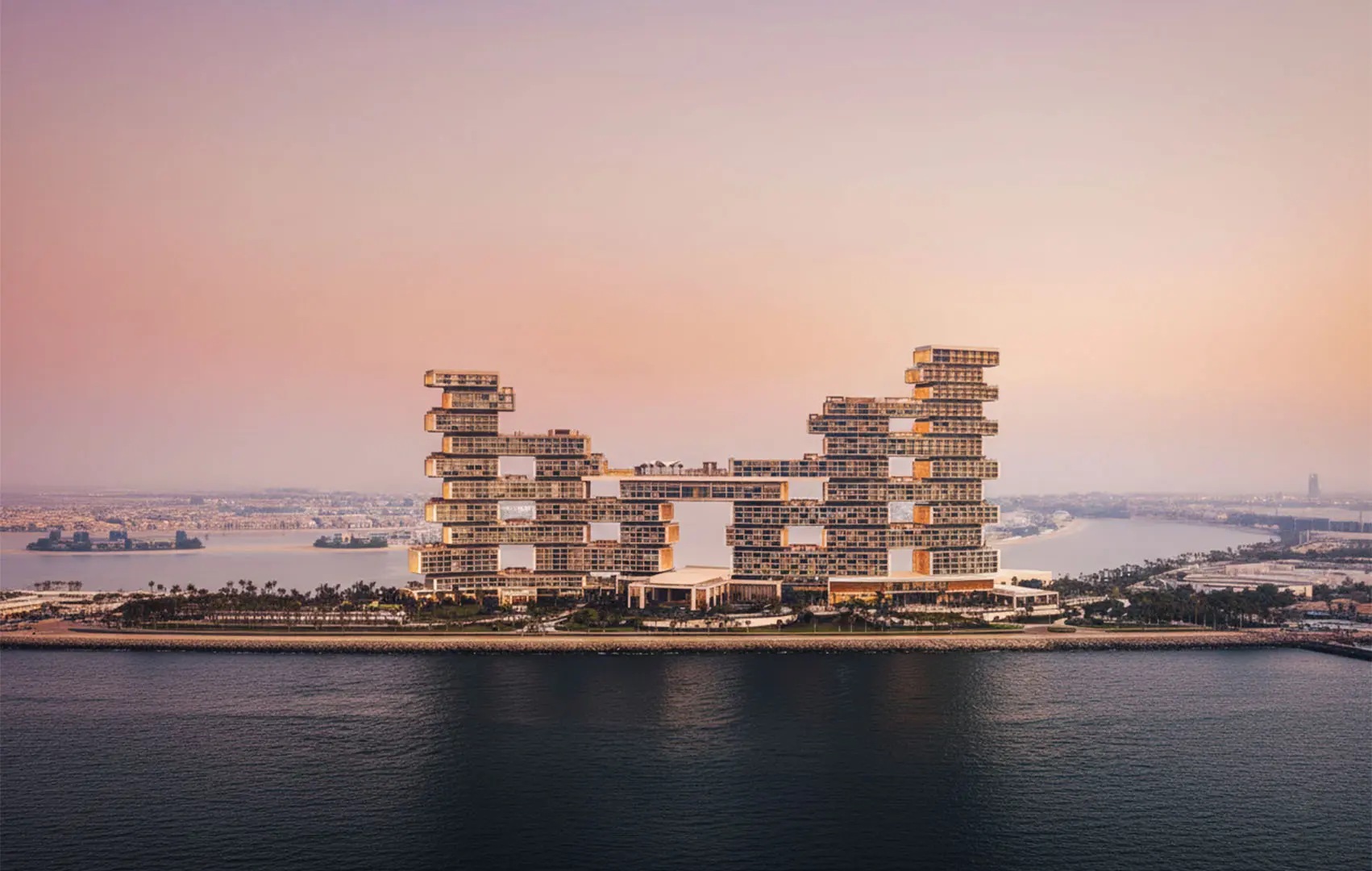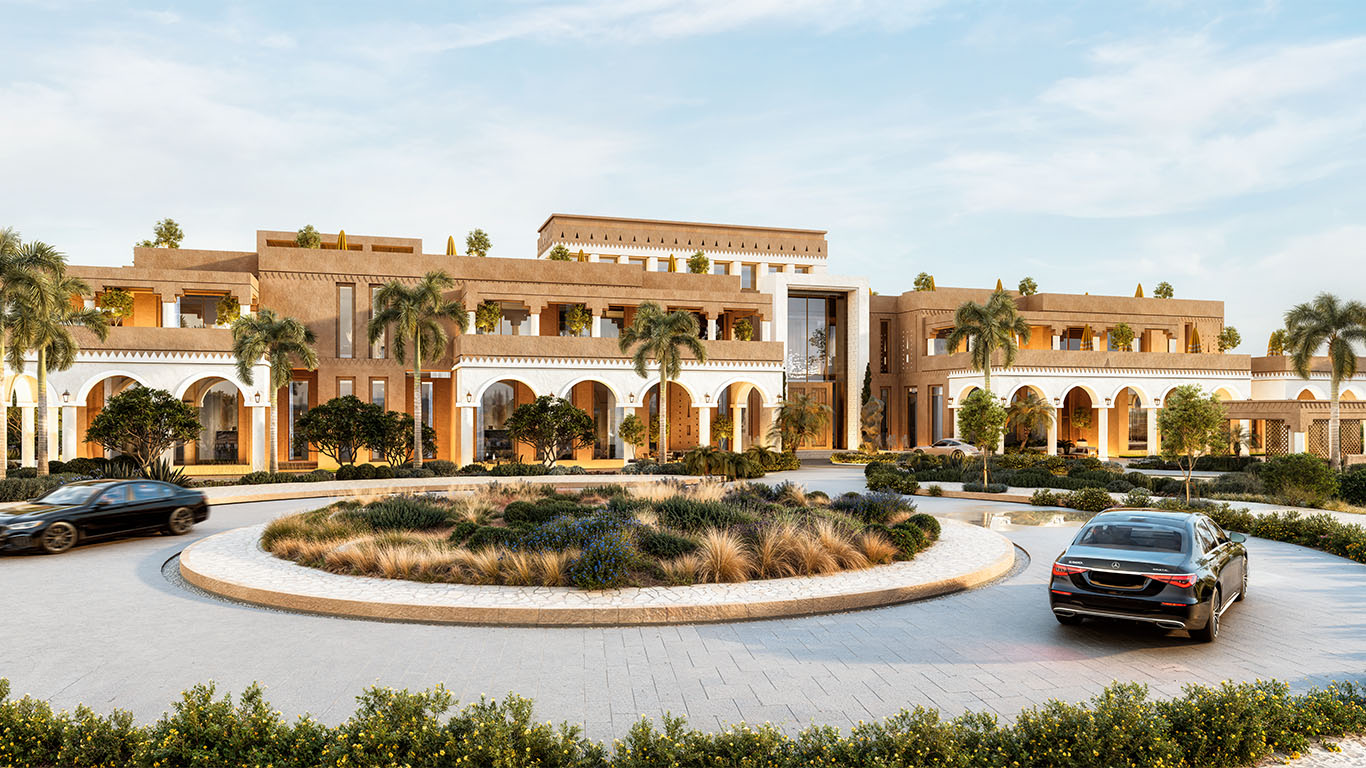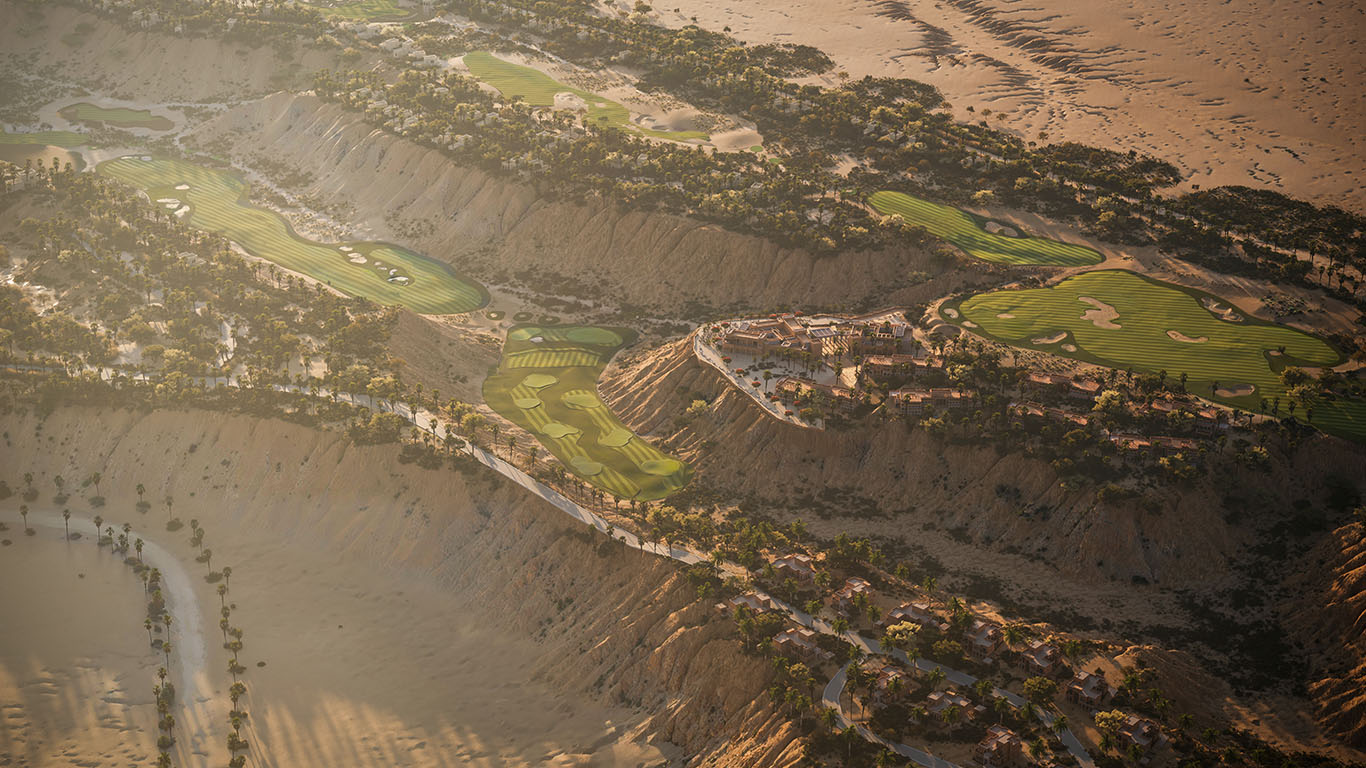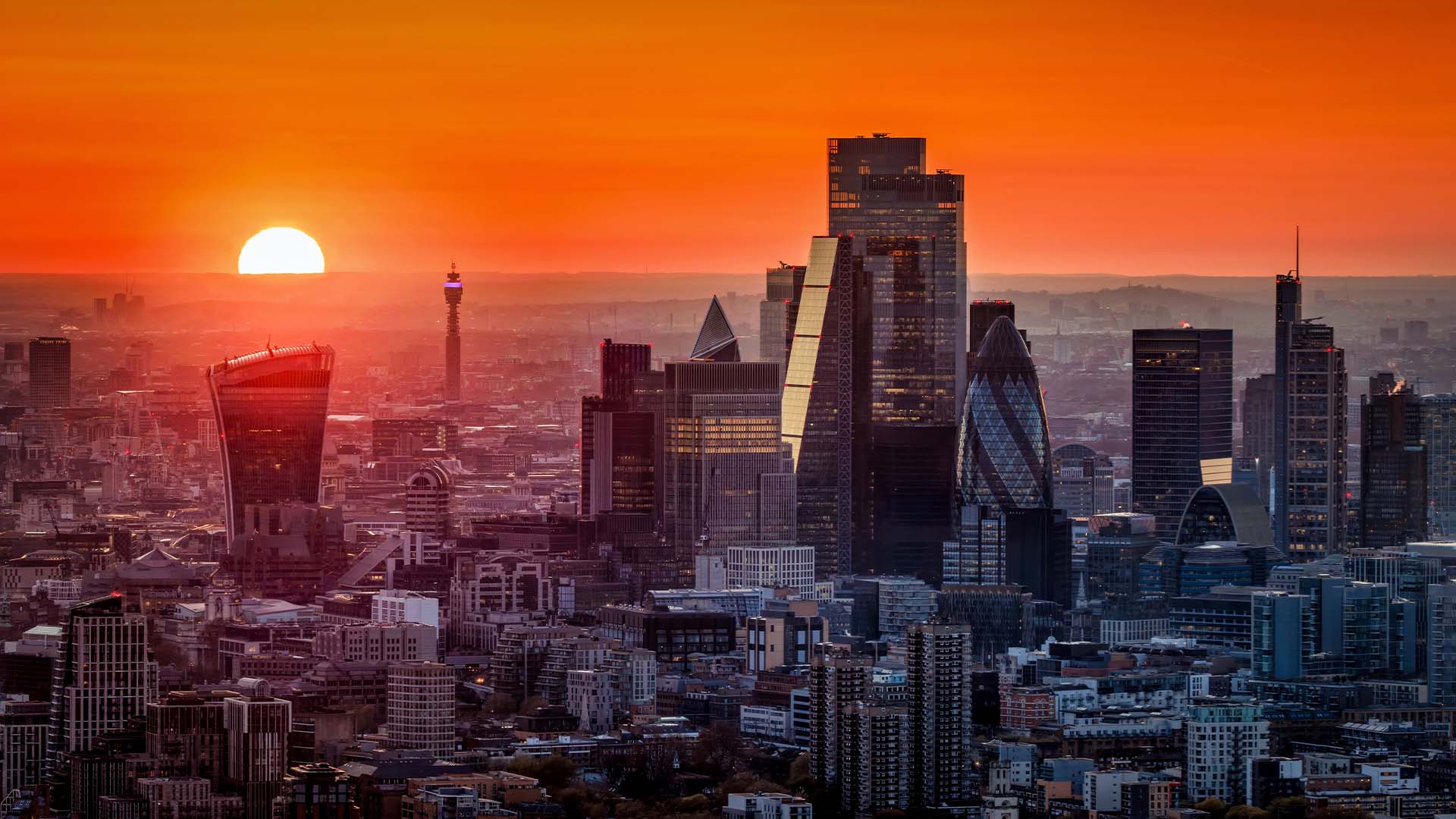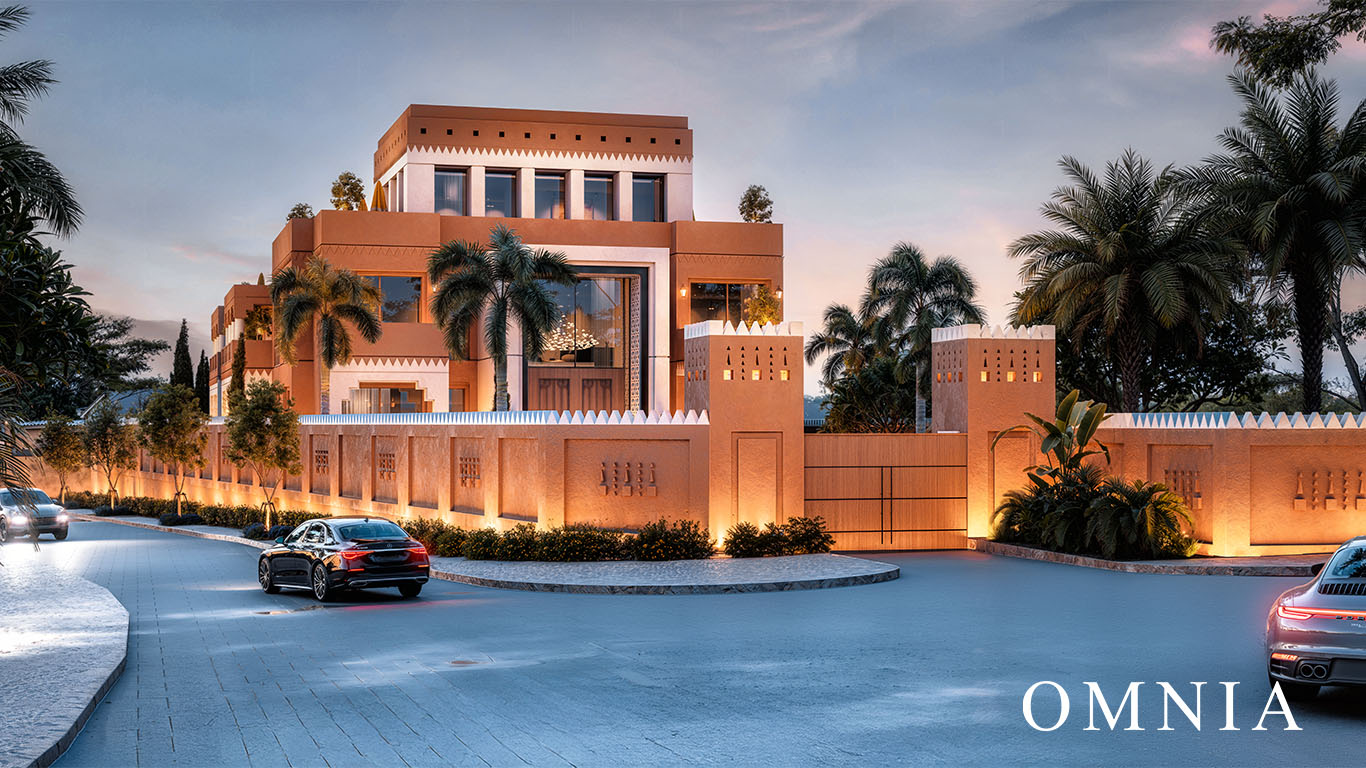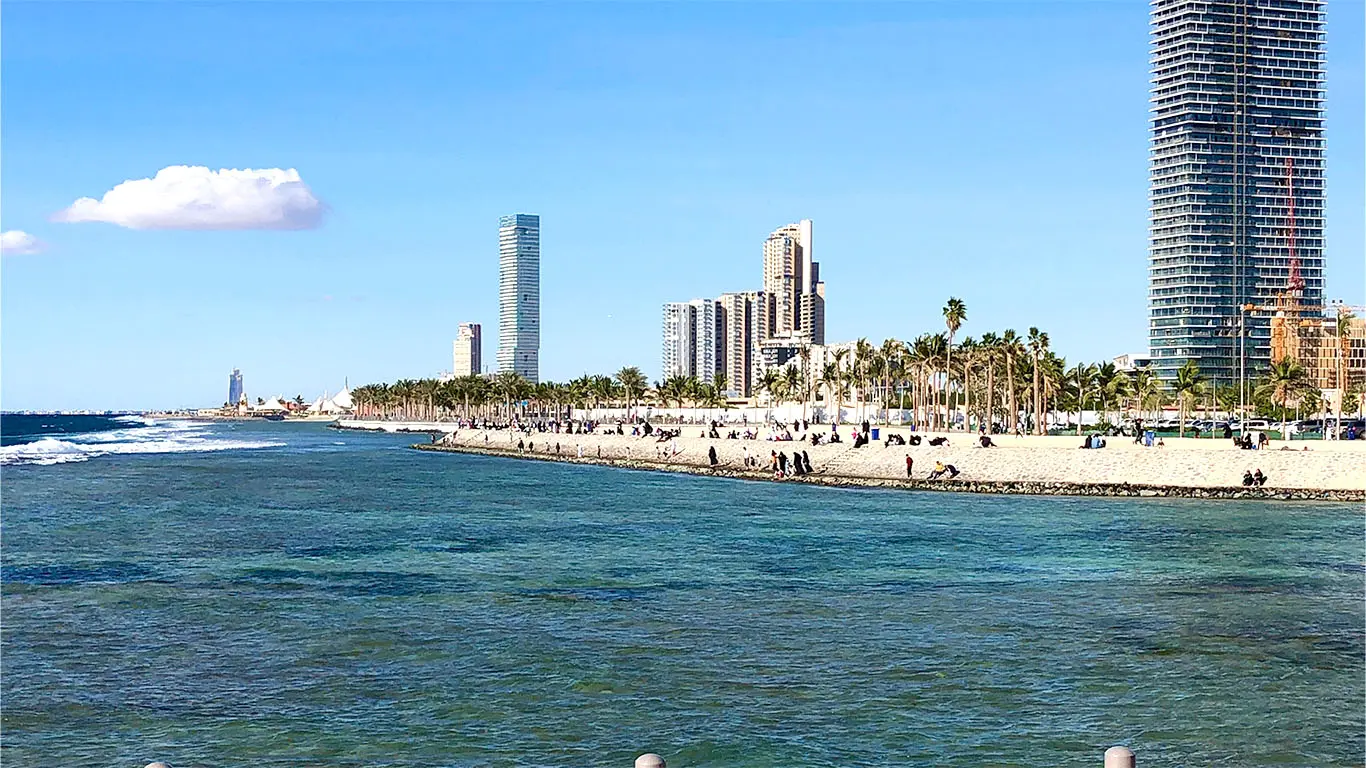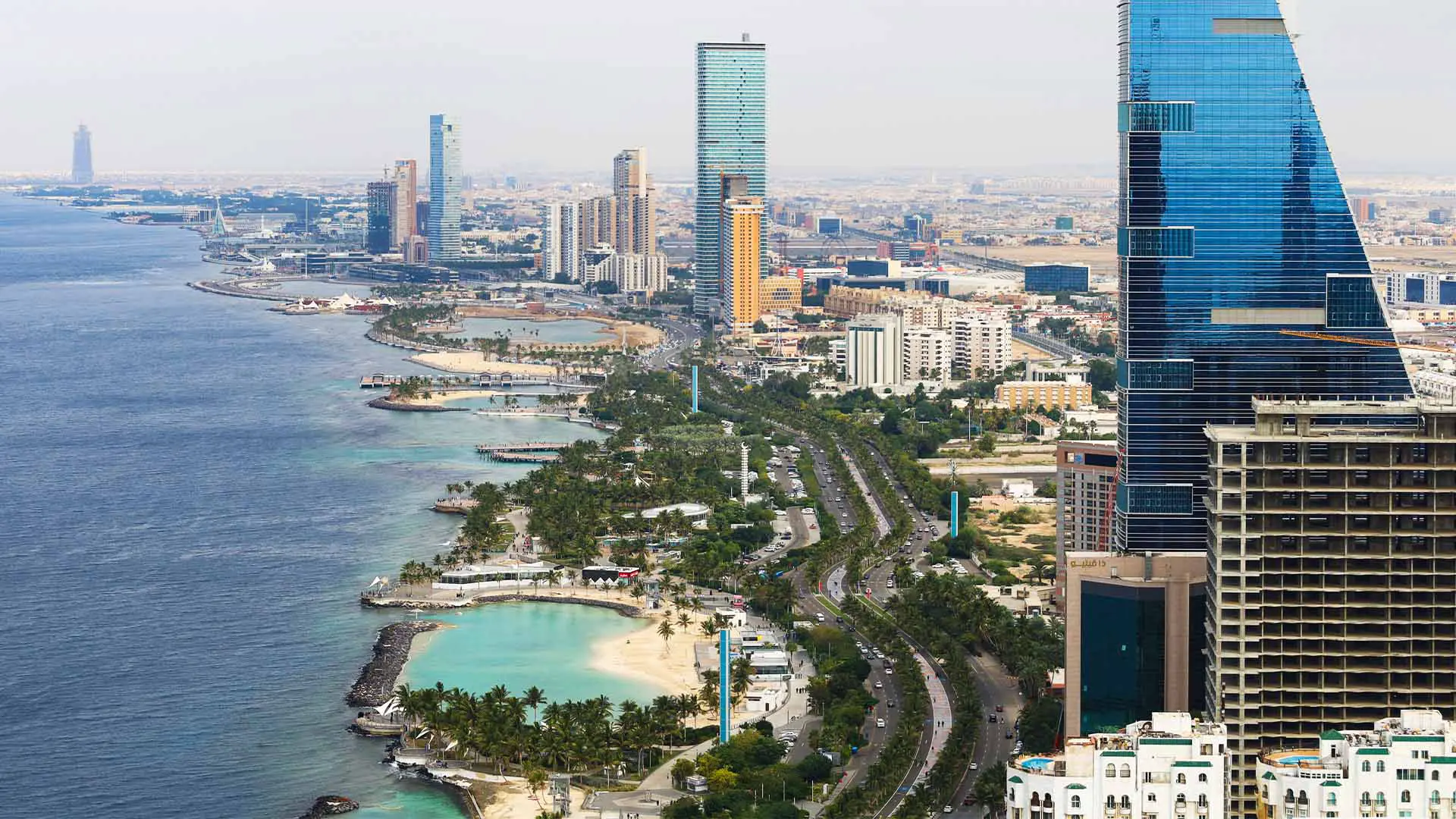
Imagine waking up to the soft call of the adhan echoing through Muscat’s sunlit mountains, sipping cardamom-scented coffee while planning a weekend of dune bashing or snorkeling in turquoise waters. Life as an expat in Oman blends cultural immersion, stunning landscapes, and modern comforts in one of the Middle East’s most welcoming nations. From mastering local customs to exploring hidden wadis and bustling souqs, this in-depth guide reveals what it’s like to live in Oman. Packed with practical tips, unique experiences, and insider recommendations, it’s your roadmap to thriving as an expat, whether you’re moving for work, adventure, or a fresh start.
Oman’s Warm Welcome for Expats
Oman stands out as the friendliest Gulf state for expatriates. With a population of about 4.6 million, roughly 40% are expats from the UK, US, Canada, South Africa, India, Pakistan, and beyond, creating a diverse community, especially in Muscat. This mix fosters a multicultural atmosphere with expat clubs, international schools, and English widely spoken alongside Arabic. Omanis are known for their hospitality, often inviting newcomers to share coffee and dates or join local celebrations, making settling in easier than in other Gulf countries.
Safety is a key advantage, with Oman boasting one of the region’s lowest crime rates. Muscat consistently ranks high for personal safety in global expat surveys. Unlike Dubai’s fast-paced energy, Oman offers a relaxed lifestyle that balances tradition with modernity. Adapting to cultural norms, such as modest dress and respecting Islamic practices during Ramadan, requires openness. This guide covers the joys, challenges, and unique aspects of expat life, with specific recommendations to help you feel at home.
Cultural Immersion Navigating Omani Traditions
Oman’s culture, rooted in Ibadi Islam, shapes daily life and social interactions. Respecting these traditions builds strong connections. Dress modestly, with women covering shoulders and knees in public and men avoiding shorts in formal settings. Public displays of affection are frowned upon, and during Ramadan, avoid eating, drinking, or smoking in public during daylight hours to honor local customs.
Omanis are warm and generous, often inviting guests for kahwa (traditional coffee) with dates or feasts featuring shuwa (slow-cooked lamb). Bringing a small gift, like Omani halwa from Al Hosni Sweets, shows gratitude. Learning basic Arabic phrases, such as “Marhaba” (hello) or “Shukran” (thank you), earns respect. Immerse yourself in local culture at the Muscat Festival (January-February) at Al Amerat Park, where traditional dances, artisan crafts, and street foods like mishkak (grilled meat skewers) come alive.
A distinctive Omani custom involves complimenting possessions. If you admire an item, the owner might offer it to you, so politely decline to avoid unintended obligations. Meetings, whether social or professional, may run longer than expected, as Omanis value relationships over strict timelines. Embracing this relaxed approach fosters trust and meaningful interactions.
Cost of Living Budgeting for Expat Life
Oman’s cost of living is moderate compared to Gulf neighbors like Dubai, offering good value for expats. Muscat is the most expensive city, while towns like Nizwa or Salalah are more affordable. Here’s a detailed breakdown for a single expat or couple in Muscat, based on 2024 data.
Accommodation is a significant expense. Renting a one-bedroom apartment in upscale areas like Al Mouj or Qurum costs OMR 400 to 600 monthly ($1,040 to $1,560). In Al Khuwair, a more budget-friendly area, expect OMR 200 to 350. Three-bedroom villas in Al Azaiba range from OMR 800 to 1,200 ($2,080 to $3,120). Rent is often paid quarterly or annually, so plan for larger payments. Utilities, including electricity and water, add OMR 20 to 50 ($52 to $130) monthly, sometimes included in rent.
Groceries are reasonable. A weekly shop for a couple at supermarkets like Carrefour costs OMR 15 to 25 ($39 to $65). Local produce, such as dates (OMR 1 per kg, $2.60) or fresh fish (OMR 2 per kg, $5.20), is cheaper than imported goods like cereal (OMR 3, $7.80). Dining out varies. A meal at a mid-range restaurant, such as Bait Al Luban for Omani machboos (spiced rice with meat), costs OMR 5 to 10 ($13 to $26) per person. Coffee at trendy spots like The Coffee Library is OMR 2 to 3 ($5.20 to $7.80).
Transport relies heavily on cars, as public buses like Mwasalat (OMR 0.3 to 1 for city routes) are limited. Fuel is affordable at OMR 0.24 per liter ($0.62), and a used Toyota Corolla costs OMR 3,000 to 5,000 ($7,800 to $13,000). Taxis via apps like Otaxi cost OMR 2 to 5 ($5.20 to $13) for short Muscat trips. Healthcare requires private insurance, costing OMR 100 to 300 ($260 to $780) annually for coverage including dental and emergencies. A visit to Badr Al Samaa Hospital costs OMR 10 to 20 ($26 to $52).
A single expat can live comfortably in Muscat on OMR 800 to 1,200 ($2,080 to $3,120) monthly, while a couple needs OMR 1,500 to 2,000 ($3,900 to $5,200). Oman’s lack of income tax boosts your disposable income, though a 5% VAT applies to goods and services.
Finding Your Home in Oman
Most expats settle in Muscat, with neighborhoods like Al Mouj, Qurum, and Madinat Al Sultan Qaboos being popular. Al Mouj, an Integrated Tourism Complex (ITC), offers waterfront apartments, a marina, and a golf course, ideal for families. Qurum is close to beaches and diplomatic areas, while Al Azaiba provides budget-friendly villas. In Salalah, expats favor areas near Dhofar Beach for a quieter coastal lifestyle.
Leases typically last one year, with deposits of one month’s rent. Use agents registered with the Ministry of Housing and Urban Planning to find properties. ITCs like Al Mouj offer residency visas for homeowners, a benefit for long-term stays. Rentals are often unfurnished, so budget for furniture—stores like The Sultan Center in Muscat sell sofas for OMR 100 to 300 ($260 to $780) and beds for OMR 50 to 150 ($130 to $390).
Work and Business Opportunities
Oman’s expat workforce thrives in oil and gas, education, healthcare, and construction. Companies like Petroleum Development Oman (PDO) and international schools like The British School Muscat hire expats for roles such as engineers or teachers, with tax-free salaries of OMR 1,000 to 2,500 ($2,600 to $6,500) monthly, often including housing allowances. Work permits, sponsored by employers, cost OMR 20 to 50 ($52 to $130) and require medical checks.
Networking is essential, as Omanis value personal connections. Attend events at the Oman Convention & Exhibition Centre or join expat groups like Muscat Expats on Facebook. Business etiquette emphasizes respect—dress formally, use titles like “Sayyid” for senior Omanis, and avoid scheduling meetings during prayer times.
Education for Expat Families
Oman offers top-tier international schools, mainly in Muscat. Notable options include:
- The British School Muscat (bsm.sch.om): Follows the UK curriculum (EYFS to A-Levels) with fees of OMR 5,000 to 8,000 ($13,000 to $20,800) annually. Known for strong academics and activities like drama and sports.
- ABA Oman International School (aba-oman.org): Offers the IB curriculum, costing OMR 6,000 to 9,000 ($15,600 to $23,400) yearly. Popular for its diverse community.
- The American International School Muscat (taism.com): Provides a US curriculum with AP courses, with fees of OMR 5,500 to 8,500 ($14,300 to $22,100).
Enroll early due to waiting lists. Preschools like Little Learners in Qurum cost OMR 100 to 200 ($260 to $520) monthly. Public schools are primarily for Omanis, so expats rely on private institutions.
Healthcare Staying Healthy in Oman
Private healthcare is standard for expats, with facilities like Muscat Private Hospital and Badr Al Samaa Hospital offering services from routine check-ups to surgeries. A consultation costs OMR 10 to 20 ($26 to $52), while specialists charge OMR 20 to 40 ($52 to $104). Pharmacies like Muscat Pharmacy stock international medications, with a month’s supply of common prescriptions costing OMR 5 to 15 ($13 to $39).
Mandatory health insurance, required since 2018, costs OMR 100 to 300 ($260 to $780) annually through providers like AXA. Policies cover hospital stays, dental care, and emergencies. Register with a clinic upon arrival for seamless care. Oman’s clean environment and low disease prevalence make it healthy, though summer heat (up to 40°C) requires hydration and sun protection.
Unique Experiences in Oman
Oman’s landscapes and heritage offer endless adventures. Here are standout activities and destinations:
- Wadi Shab (near Muscat): Hike this stunning canyon, swim in emerald pools, and explore hidden caves. Entry is free, but a boat crossing costs OMR 1 ($2.60). Bring sturdy shoes for a 2-3 hour trip, ideal for weekends.
- Muttrah Souq (Muscat): Shop for frankincense (OMR 2 to 5, $5.20 to $13), silver jewelry, or Omani dishdashas in this historic market. Haggle politely for 20-30% off. Open daily, best in the evening.
- Jabal Akhdar (near Nizwa): Visit the “Green Mountain” for hiking and rosewater distilleries. Stay at Anantara Al Jabal Al Akhdar Resort for OMR 100 to 200 ($260 to $520) per night or camp for free. Spring is ideal for blooming roses.
- Salalah’s Khareef Festival (July-September): Experience Dhofar’s monsoon season with misty landscapes and cultural events at Ittin Park. Entry is free, with food stalls selling karak tea (OMR 0.5, $1.30). A highlight for Salalah expats.
- Daymaniyat Islands (near Muscat): Snorkel or dive in this UNESCO-protected marine reserve, home to coral reefs and turtles. A day trip with Oman Dive Center costs OMR 30 to 50 ($78 to $130). Book early for summer.
- Royal Opera House Muscat (rohmuscat.org.om): Enjoy ballet or Omani music performances. Tickets cost OMR 5 to 50 ($13 to $130). Dress formally and book ahead.
Join expat groups like Internations Oman for events, from beach cleanups to quiz nights at The Irish Harp in Qurum. Outdoor enthusiasts can connect with Muscat Hiking Club for guided treks.
Social Life Building Connections
Oman’s expat community is close-knit, with hubs in Muscat, Salalah, and Sohar. Join clubs like the British Social Club or Muscat Rugby Club for sports, book clubs, or charity events. Coffee shops like Dose Café in Al Mouj host meetups, while bars like Rock Bottom in Qurum serve drinks (a pint costs OMR 3 to 5, $7.80 to $13). Alcohol is available in licensed venues, but public intoxication is illegal.
Volunteering with Environment Society of Oman connects you with locals and expats through turtle protection or conservation projects. For families, kid-friendly spots like Fun Zone in Muscat (OMR 3 to 5, $7.80 to $13 per child) or beach picnics at Shatti Al Qurum keep children entertained.
Challenges and How to Overcome Them
Oman’s slower pace can test expats used to fast-moving cities. Bureaucratic processes, like visa renewals, may take weeks, so plan ahead. Summer heat (35 to 40°C) requires acclimatization—wear breathable clothing and schedule outdoor activities for early mornings or evenings. Limited public transport makes owning a car essential; an Omani driving license costs OMR 20 ($52) if your home country’s license isn’t valid.
Cultural nuances, like indirect communication, can be tricky. Omanis may avoid saying “no” to maintain harmony, so read subtle cues like hesitation. If isolation creeps in, join online forums like Oman Expats Reddit for support and advice.
Looking forward
Living in Oman as an expat offers a unique blend of tradition, adventure, and community. From hiking Wadi Shab’s emerald pools to sharing shuwa with Omani neighbors, the experiences here are both grounding and enriching. With affordable living, safe cities, and countless opportunities to explore, Oman delivers a lifestyle that’s welcoming and exhilarating. Kickstart your journey by joining Muscat’s expat scene, booking a trip to Jabal Akhdar, or savoring the serenity of this Arabian gem—your Omani adventure begins now.

Become a member to Access our full network. The ultimate community for global investors.







